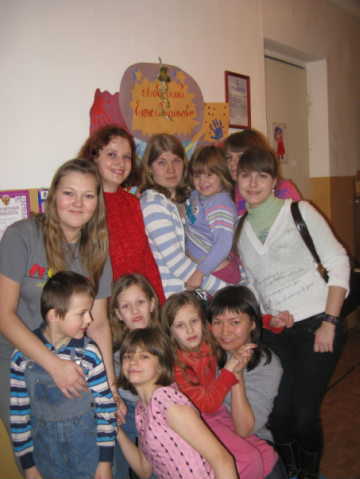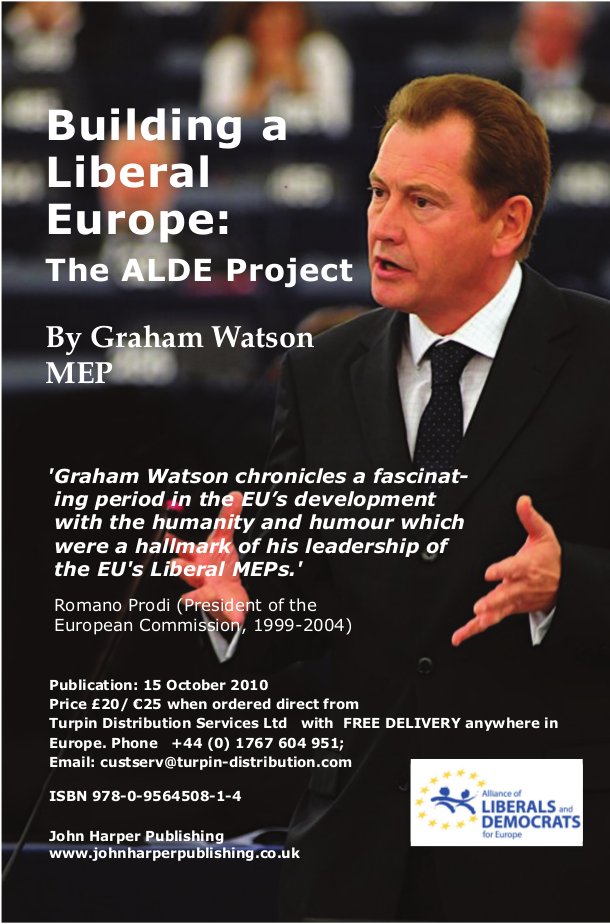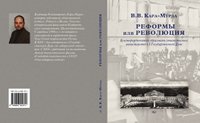Grigory Yavlinsky: The Turkish lesson
 Grigory Yavlinsky’s official website, 17.07.2016
Grigory Yavlinsky’s official website, 17.07.2016
Political instability in a neighboring country such as Turkey is a serious trouble for Russia. Neither our country, nor our government is ready for such events close to our borders. At the moment Russia is occupied with military and political games in Syria. However, the events in Turkey show that everything can change within one night. Now, after the military coup attempt failed, Recep Erdogan is going to continue his course on renunciation of Mustafa Ataturk’s principles, constitutional alteration, unlawful seizure of plenary powers and real crackdown on the civil society in a more aggressive way than before.
The military coup attempt in Turkey is the result of this very course – populist authoritarian and nationalistic policy. One must take it into consideration that Turkish institutional foundation of the state before the revolt was broader and stronger than in our country: democratic institutions, representative and judiciary powers in the Republic of Turkey are much more real and independent than in today’s Russia. Nevertheless, the dead-end political situation (the conflict between Erdogan’s growing populist authoritarianism and the militants who are dissatisfied with it) is accompanied by, as in the case with Russia, looking for a political ideal outside Europe. Although it seems that Turkey is still aiming at the European Union, an empirical rhetoric has once again appeared in the political ideology. The result is obvious: the rising of uncertainty and chaos in a country is a feature of the transition to the “way which does not exist”.
The Turkish President can be compared to Victor Yanukovich. The European way for Turkey means the political end of Erdogan’s personal power, just as it put Yanokovich’s ugly regime to an end. The latest developments have shown it clearly, that the denial of the European course, political mythology, attempts to turn to the past, are very dangerous and sooner of later may turn into a disaster for the country. It only appears so that Erdogan has won today. What has happened in Turkey, and mainly what is happening and what is going to happen, will weaken and demoralize the Turkish army and will strike at the state, which is fraught with serious consequences
Violence as a means of overcoming a political crisis always leads to a deadlock. The direct consequence of the forcible shift of power is the death of people. The casualties faded into insignificance in Russian reports. Erdogan and his successful fight against the coup became the main topic for discussion instead. But it is important to realise that even such a short coup attempt, as in the example with Turkey, turned out to be fatal for hundreds of people. It is dangerous to consider that the people, who went to the streets, defeated the coup. These were the circumstances of the coup itself, which rather remained of the the Decembrist revolt, that helped Erdogan to win: in the very centre of the country, with a direct thereat to Erdogan’s life, but at the same time without a consolidated support among the high-ranking military men or the elite of the country. Hoping that a direct collision of the unarmed citizens with organised and motivated army will end up in a unity with law enforcement is a utopia.
The bloody events in Turkey demonstrate that there are no other means to change a regime but political ones. Those who love adventures and admire “strong leaders” must finally realise it.
There will be a bad situation in Turkey now: arrests, reprisals against political opponents, repressions of freedoms will increase. Erdogan may become a real dictator.
During the night hours of the coup it turned out that there was a large number of Russians who wished success to the Turkish army. It indicates that a military coup is considered as an acceptable means of struggle against a regime for some democratic activists in Russia. But it is a mean and unpardonable mistake. One can not establish democracy using tanks! Especially Russian tanks. The calls to “repeat the Turkish military coup in Russia”, which appeared on the Russian segment of social networks during the first hours of the coup, are irresponsible and dangerous, they are even silly. The events which took place in Turkey is a good occasion to remind it once again that democratic reforms in Russia are possible only by peaceful means as a result of elections no matter how ugly they seem at the moment.
Posted: July 17th, 2016 under Foreign policy.









